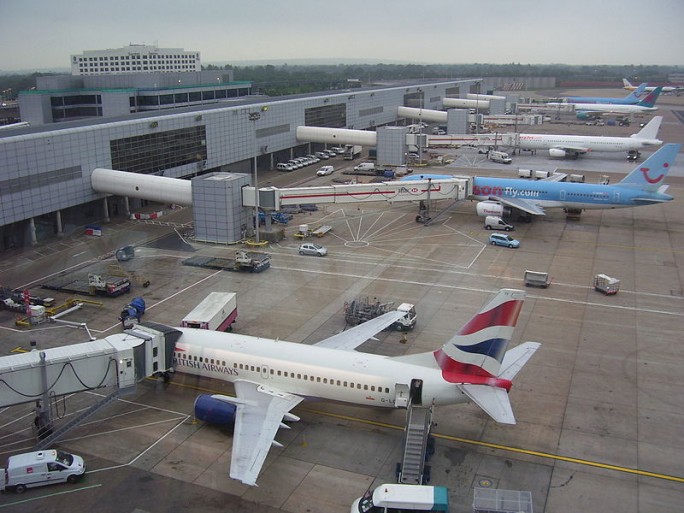Gatwick Airport Switches Off BlackBerry Servers As It Embraces BYOD

Gatwick CIO Michael Ibbitson discusses Box cloud deal and says it has no need for MDM in BYOD policy
Gatwick is embracing the cloud and BYOD, but has no place for BlackBerry Enterprise Service (BES) as the airport moves away from traditional physical infrastructure.
CIO Michael Ibbitson said the airport switched off its BlackBerry server last week due to a “multitude” of reasons, chiefly that it cost money to maintain BES, and there was a limit of 400 devices that could be used with the BlackBerry licence. This meant it had to wait until someone left the company before another person could be given a smartphone.
He told TechWeekEurope he wanted Gatwick’s 2,500 employees and others who worked at the airport to use a device they felt comfortable with and to be able to access relevant information to assist passengers quickly and easily, not matter which platform they wanted to use.
BlackBerry BYOD
 “By turning off BES and implementing BYOD, it meant we had an unlimited capability to give access to all of our staff,” Ibbitson said, adding that his department now managed thousands of devices and supported Android, iOS, Windows Phone and even BlackBerry 10, which he says is a good operating system.
“By turning off BES and implementing BYOD, it meant we had an unlimited capability to give access to all of our staff,” Ibbitson said, adding that his department now managed thousands of devices and supported Android, iOS, Windows Phone and even BlackBerry 10, which he says is a good operating system.
Gatwick has not replaced BES with another Mobile Device Management (MDM) platform, with Ibbitson explaining that although it had tested a number of MDM products, all of them forced a compromised user experience, such as a short battery life or the use of a VPN.
Instead, Gatwick decided to use existing tools and products to offer application portals and restrict certain activities and provide users with a curated BYOD-only Wi-Fi network that lets certain applications, such as the Intranet through, while also affording access to other services such as Gmail.
Box agreement
Ibbitson also discussed details of Gatwick’s deal with Box, which will see employees and management use its services, and explained it was part of a shift away from the traditional physical infrastructure favoured by airports.
He pitched a new IT strategy based on Software as a Service (Saas) to the airport’s board, but some members had security concerns because their knowledge of the cloud was limited to consumer-based services like Dropbox.
“When I arrived, we had an uncontrolled implementation of Dropbox, which all the senior managers were using, and we said we needed to get back ownership of that documentation,” said Ibbitson. “The initial implementation was for all the executive management and the board and the top 25-30 people across the company. That happened very quickly, just a number of weeks.”
He explained that Gatwick has since rolled out Box services to another 150 people who use it for internal and external collaboration with consultants and contractors, including the proposals to build a second runway at the airport. There are also plans to create a Box-based archiving system for information that is no longer being accessed, but must be retained for regulatory reasons.
Ibbitson was speaking at Box’s Business without Boundaries event in London, at which the cloud specialist revealed further details regarding its UK expansion, including a partnership with operator EE and its acceptance onto the fourth generation of the government’s G-Cloud.
Think you know your transport tech? Find out with our quiz!